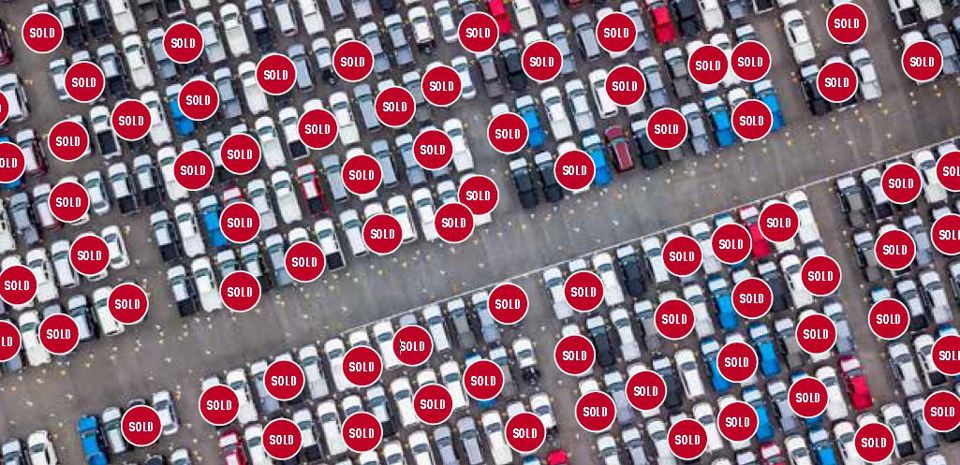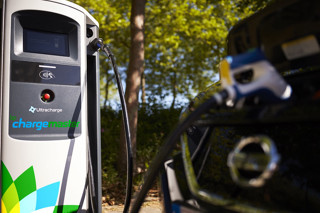Used car values remain “resilient” despite a 1.1% July dip which represented a sixth consecutive month of retail price decline, according to eBay Motors.
The average price of a used car offered for sale via its online automotive marketplaces declined to £16,652 last month, with independents making the biggest reductions – down 1.2% to £14,064.
Franchised dealers cut their prices by 0.8% to £20,201 and car supermarkets 0.7% to £16,688.
Prices remain 15% up year-on-year, however, and fears of a slump in consumer confidence resulting from the cost-of-living crisis were mitigated by data which showed that days to sell improved from 39.5 to 37.9 days month-on-month.
The eBay Motors Group’s head of marketing Lucy Tugby said: “Although the average advertised price of a used car has been dropping month-on-month since hitting an all-time high in January, the dips we are seeing follow the gradual decline in trade values.
“Pricing remains resilient as illustrated by year-on-year comparisons with the overall average price £2,158 higher in July than 12 months ago.
“The cost-of-living crisis is still severely impacting households. It’s more important than ever for dealers to ensure they are presenting and pricing stock attractively and providing support and guidance for nervous buyers.”
Delivering a mid-July market update to AM recently, Cap HPI director of valuations Derren Martin said there were no signs of prices “crashing” in the used car sector, despite the effects of soaring inflation.
Martin told AM that a “stable” market had seen used car values at three years and 60,000 miles decline by an average of 0.1% month-to-date, with a 1.3% decline at 10 years.
He had previously told AM that the sectors stock shortages were preventing what could otherwise be a “bloodbath” of falling prices for car retailers.
The eBay Motors data for July showed that stock levels, which have been slowly declining since April’s 46.8 units, dropped from to 44.8 to 43.2 units.
Independent dealers averaged 34 units, down from 36 in June but up nearly 10% year-on-year; while franchised averaged 51 units, compared to 53 in June. Car supermarkets remained unchanged at 282 units.
Faster sales were achieved, however, with car supermarkets averaging just 27.8 days to sell, compared to 28.5 days in June, followed by franchised dealers at 33.9 days compared to 35.6 days in June. Independents were virtually unchanged at 46.9 days.
Tugby said: “Dealers are continuing to address the ongoing supply challenges by fighting to maintain consistent inventory levels, with many only able to buy stock to replace sold cars.
“Many have done a great job adjusting to the market conditions by maintaining inventory levels and shifting stock efficiently, putting them in a strong position for the summer holiday period.”

















Login to comment
Comments
No comments have been made yet.